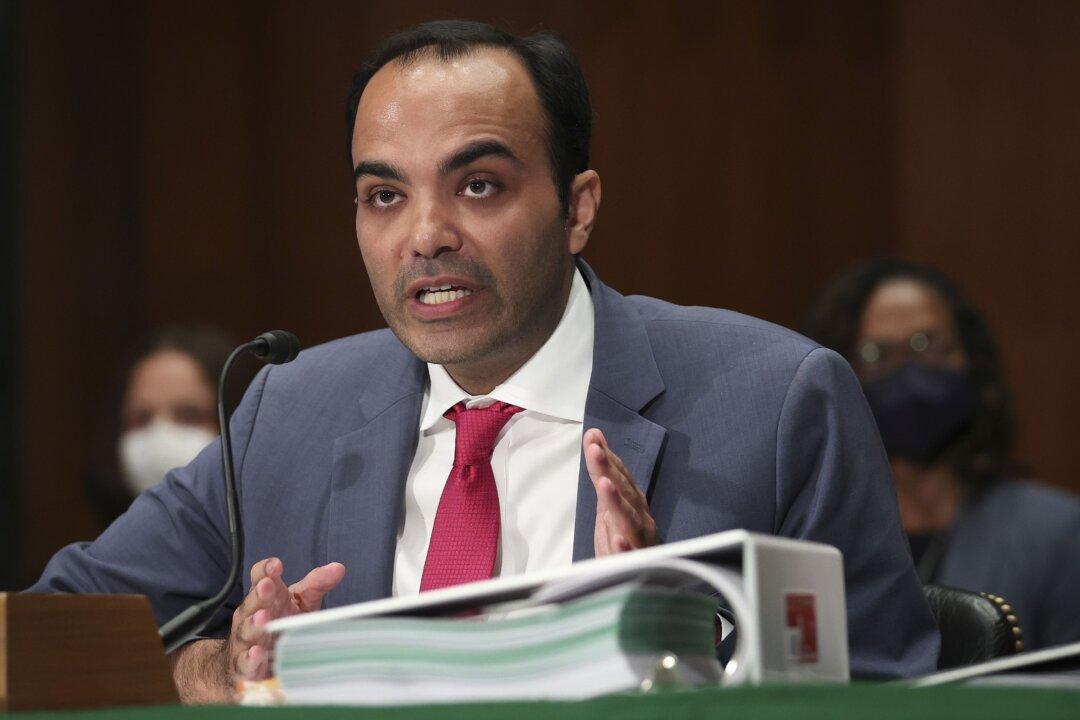The Consumer Financial Protection Bureau (CFPB) has filed a lawsuit against three of the nation’s largest banks—Bank of America, JPMorgan Chase, and Wells Fargo—accusing them of failing to protect consumers from alleged widespread fraud on payments platform Zelle.
The lawsuit, announced on Dec. 20, also targets Early Warning Services, which operates Zelle, a peer-to-peer payment network. It accuses the operator and the banks—which co-own Zelle—of failing to implement effective consumer safeguards when rushing it to market to compete against growing payment apps such as Venmo and CashApp, leading consumers to suffer more than $870 million in losses.





